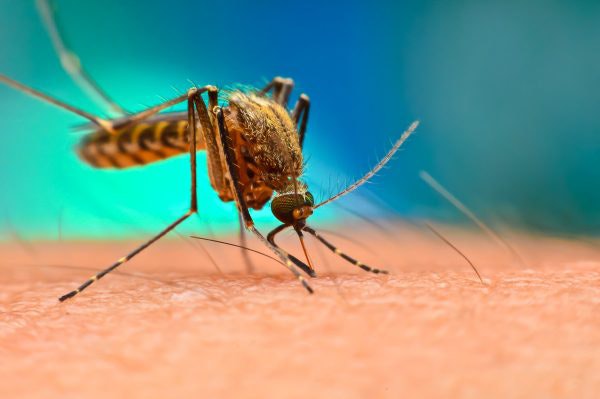Dengue Fever Deaths Surge Across the Americas Amid Climate Crisis

Dengue fever has reached unprecedented levels across the Americas and the Caribbean in 2024, with over 12.6 million cases reported and more than 7,700 deaths—a staggering 200% increase from 2023, according to the Pan American Health Organization (PAHO).
The crisis stems from a combination of factors: warmer temperatures, unplanned urbanization, and poor sanitation have created ideal conditions for Aedes aegypti mosquitoes to thrive. These insects transmit dengue, which can cause symptoms ranging from mild fever and headaches to severe bleeding, shock, and even death.
This year marks the highest number of dengue cases in the region since record-keeping began in 1980, with Brazil alone accounting for over 10 million cases, followed by Argentina and Mexico. In the Caribbean, Guyana, French Guiana, and the Dominican Republic have reported the largest outbreaks.
Even the U.S. has not been spared, with local dengue transmission reported in California, Florida, and Texas in 2024.
While vaccines are now available in countries like Peru and Brazil, supplies are limited, and the shots are most effective for children who have previously been infected. PAHO stresses that prevention remains key to stopping dengue’s spread.
Residents are urged to take action:
- Eliminate standing water to remove mosquito breeding sites.
- Use EPA-approved insect repellents and wear long-sleeved clothing.
- Keep doors and windows screened to prevent mosquito entry.
- When possible, avoid going outside during the hours of dawn and dusk.
